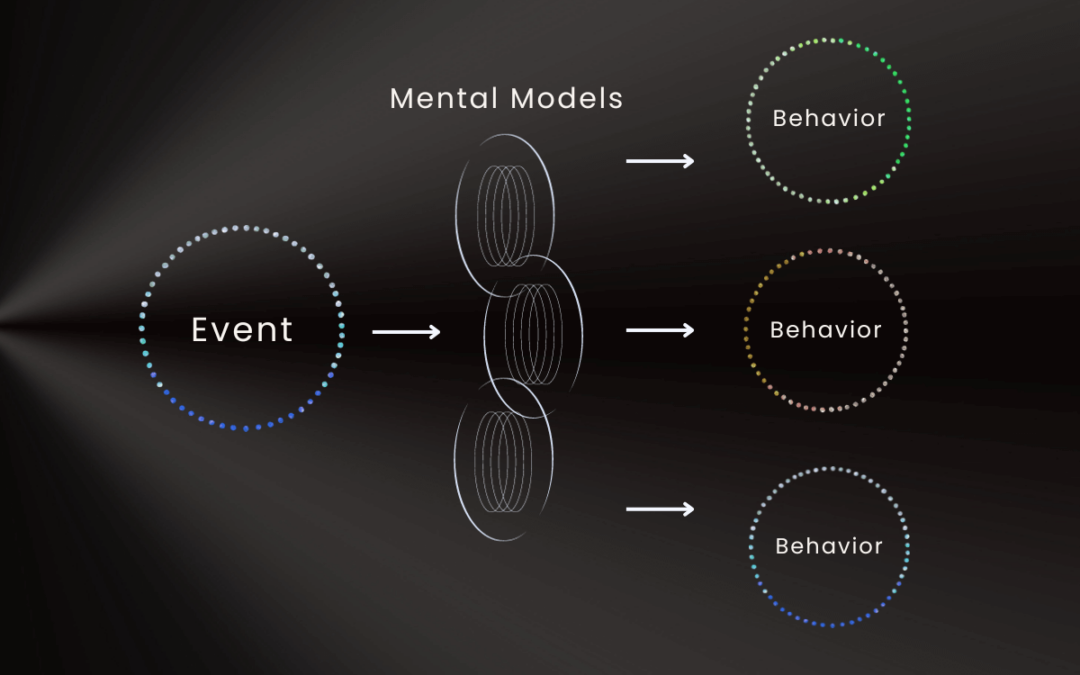Read time: 4 minutes
Key Points
- Effective communication should be measured by its impact on the listener, whether that’s sparking curiosity, engagement, or prompting action.
- Listeners are like travelers on a journey, with the communicator’s words serving as signposts. The impact of those words determines how effectively they guide the audience.
- Maximizing the impact of communication, including understanding your audience, choosing the appropriate medium, checking for engagement, and being open to feedback.
“Most people never communicate in their entire lives. They think what they say is communication. Communication is the effect of what you say.” – Marshall McLuhan
Communication is the Outcome of What We Say
We often consider communication as merely the act of transferring information from one person to another. But as communication theorist Marshall McLuhan pointed out, true communication is not just about what you say; it’s about the effect your words have on the listener. In a world filled with noise, distractions, and misunderstandings, effective communication has never been more critical.
The Flaw in Conventional Communication
Most people equate communication with the words they say or write. We often hear statements like “I told him exactly how I feel,” or “I was very clear in my email,” as if the mere act of expressing thoughts should automatically lead to understanding. This conventional view is misleading and often counterproductive.
Consider How the Message is Received
Marshall McLuhan’s groundbreaking idea—that the medium is the message—shifts the focus from what is being said to how it’s being received.
This concept can be compared to Richard Feynman’s take on problem-solving, which is rooted in stimulating curiosity. Effective communication, like problem-solving, should spark curiosity, engagement, or action on the part of the listener.
The Feynman Connection: Sparking Curiosity
Richard Feynman, a Nobel physicist, emphasized that effective problem-solving isn’t about arriving at an answer but about stimulating curiosity. Similarly, the power of communication isn’t in delivering a message but in creating a level of engagement and resonance from the listener.
Why Impact Matters: The Listener’s Journey
Consider the audience as travelers on a journey. Your words serve as signposts, but it’s the impact of those words that determine whether they continue on the path you’ve indicated or wander off course. By focusing on the impact, you guide them not just with signs but with a compelling vision of their destination, ensuring they are engaged and motivated to reach it.
Inquiries to Self-Assess
- Before you speak or write, ask yourself, “What impact do I want my words to have on the listener/reader?”
- Reflect on your latest conversations. Did you spend more time talking or listening? How might active listening improve the impact of your communication?
- What medium (text, email, face-to-face, etc.) do you most frequently use for important conversations? Does this medium enhance or diminish the impact of your message?
- How often do you consider your audience’s perspective before communicating? Do you tailor your message according to who you’re talking to?
- Think about a recent conversation where you felt you communicated effectively. Did you spark curiosity or engagement from the other person? How?
- How much attention do you pay to non-verbal cues (like body language, tone, etc.) when communicating? Could improvements here enhance your communication’s impact?
Take the time to ask yourself the questions above and you’ll do a much better job of honing in on how to integrate this information in your daily life.

